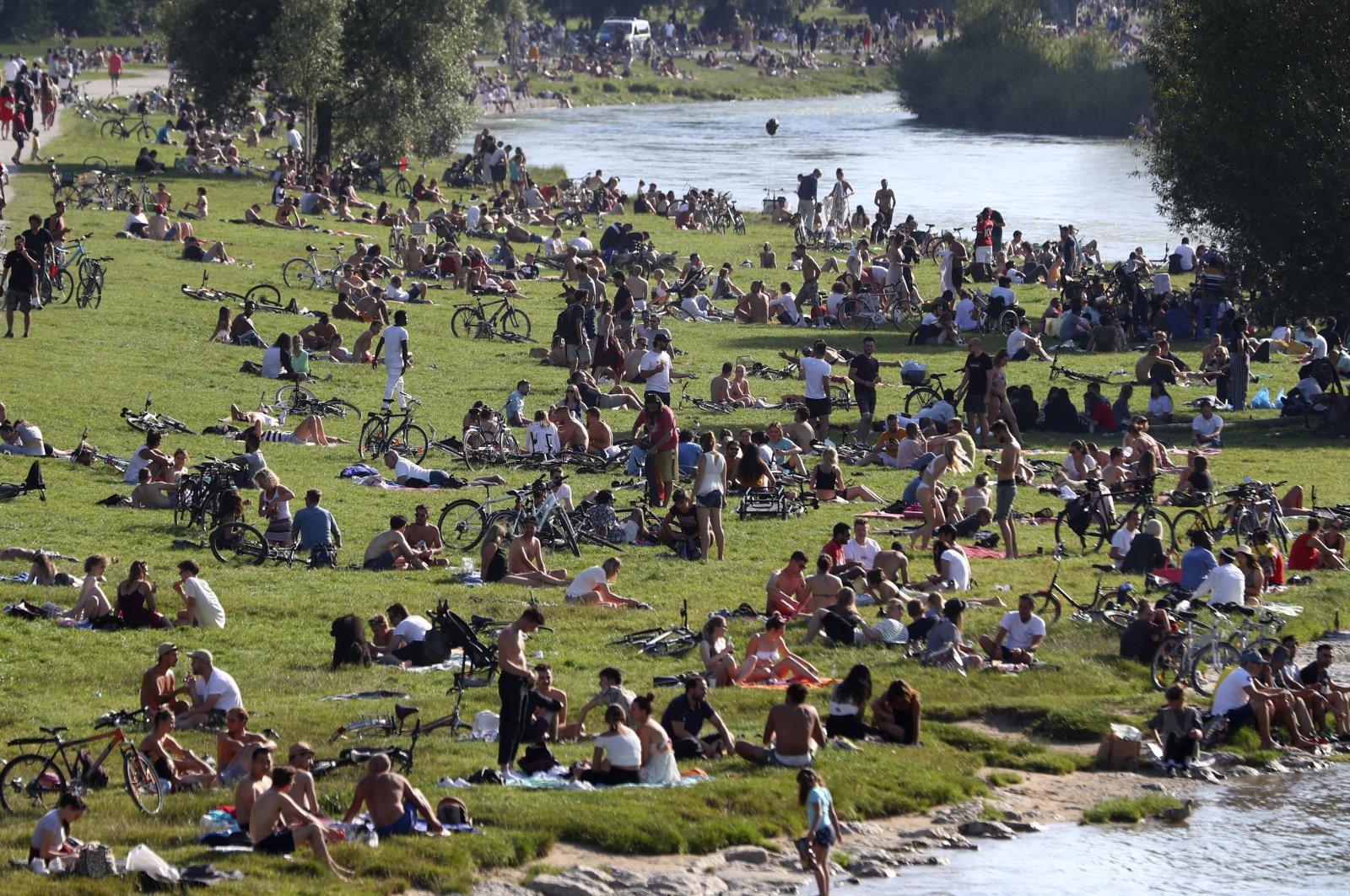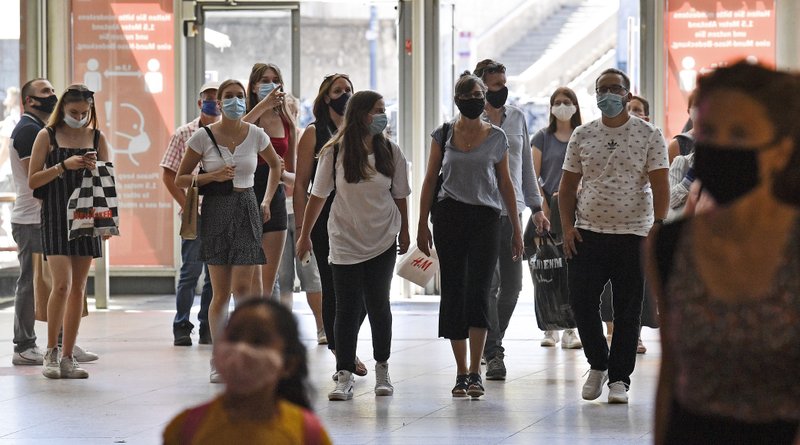German officials, including Health Minister Jens Spahn, have warned it will be harder to control the spread of new COVID-19 infections in the country from autumn onward, so it is imperative to keep the numbers down as summer draws to a close.
They have voiced alarm over a steady upward creep in the number of new infections over recent weeks. The number of confirmed new coronavirus cases in Germany has breached the 1,000 threshold for the first time since early May, in the latest sign that slackening social distancing is raising the risk of a second wave of the disease.

German Health Minister Jens Spahn. /Reuters
German Health Minister Jens Spahn. /Reuters
Germany's new daily caseload eased in May significantly, but has begun to climb again since late July.
According to statistics released by Johns Hopkins University on Thursday, the number of new infections rose by 1,045 to 214,104, breaching a key psychological barrier after creeping up for weeks.
With Europe's largest economy only now starting to recover from the near-total lockdown that was imposed in March, any sign of renewed restrictions on the horizon will dismay investors. The head of the German doctors' union said earlier this week that Germany was already contending with a second wave of the coronavirus and risks squandering its early success by flouting social distancing rules.

Thousands of people enjoy summer weather in Munich, Germany, July 19, 2020. /AP
Thousands of people enjoy summer weather in Munich, Germany, July 19, 2020. /AP
Spahn said in a presser that rising numbers of infections is among people returning from west Balkans and Turkey. But he answered there was no need to comprehensively close shops again when asked if the general lockdowns would be imposed again in Germany.
The country's authorities will require people arriving from a large number of countries deemed high-risk to take coronavirus tests starting on Saturday. "The travelers refuse to get tested for coronavirus after returning from high-risk areas, could be fined up to 25,000 Euros," said Spahn, warning that the accelerating pace of new infections was a cause for concern.
He blamed both the impact of travelers returning from abroad and people's flagging adherence to social distancing guidelines for the increase, although he conceded that increased testing was also responsible for part of the increase.
"I understand if people are fed up, but they should resist the deceptive idea that the pandemic was never all that serious," he said.

People wear mandatory face masks due to the coronavirus pandemic at the main train station in Cologne, Germany, August 5, 2020. /AP
People wear mandatory face masks due to the coronavirus pandemic at the main train station in Cologne, Germany, August 5, 2020. /AP
The lockdown and social distancing pushed the number of new cases down to as low as 159 in mid-July but numbers have been rising since, fueled by local outbreaks, including one centered on a slaughterhouse that required restrictions to be placed on the entire town of Guetersloh.
As school holidays end, the government is keen to keep tabs on potentially infected vacationers entering the country. Last Saturday, it started offering free tests for people returning to the country.
(With input from agencies)